
Together, Omar Abudayyeh, 33, and Jonathan Gootenberg, 32, have probed the mysteries of genomic editing and COVID detection. They co-published 10 scientific papers, helped launch two medical-diagnostic companies, and cofounded a Watertown startup, Tome Biosciences, that reengineers genes and cells to cure diseases. They also run the Abudayyeh-Gootenberg laboratory.
Gootenberg and Abudayyeh are an unusual pair, two scientists — a Jewish American and a Palestinian American — who prefer working together in a field that often draws solitary researchers and rewards individual achievement.
As depicted above, this Amoeba proteus is among a range of snails, algae and amoebas that make programmable DNA-cutting enzymes called Fanzors. Fanzors are RNA-guided enzymes that can be programmed to cut DNA at specific sites, much like the bacterial enzymes that power the widely used gene-editing system known as CRISPR. The reported research in this area comes from the team headed by Gootenberg and Abudayyeh.
I thus could not bypass the report of such a collaboration, which has this air of exceptionalism about it. The two seem to be highly regarded in cellular engineering, given they have raised enough funding to set up their eponymously named laboratory at MIT. The sunny publicity photograph of their team shows them flanking eleven researchers (four women and seven men). One of the women is wearing a hijab. The others show a variety of heritage; but why comment?
This is how research should be conducted, free from political and religious manipulation, and the depressing detritus of misinformation strewn by evil men. Oh, that this collaboration between Jew and Palestinian could be generalised into wider behaviour between the two peoples.
The Barnaby Grudge
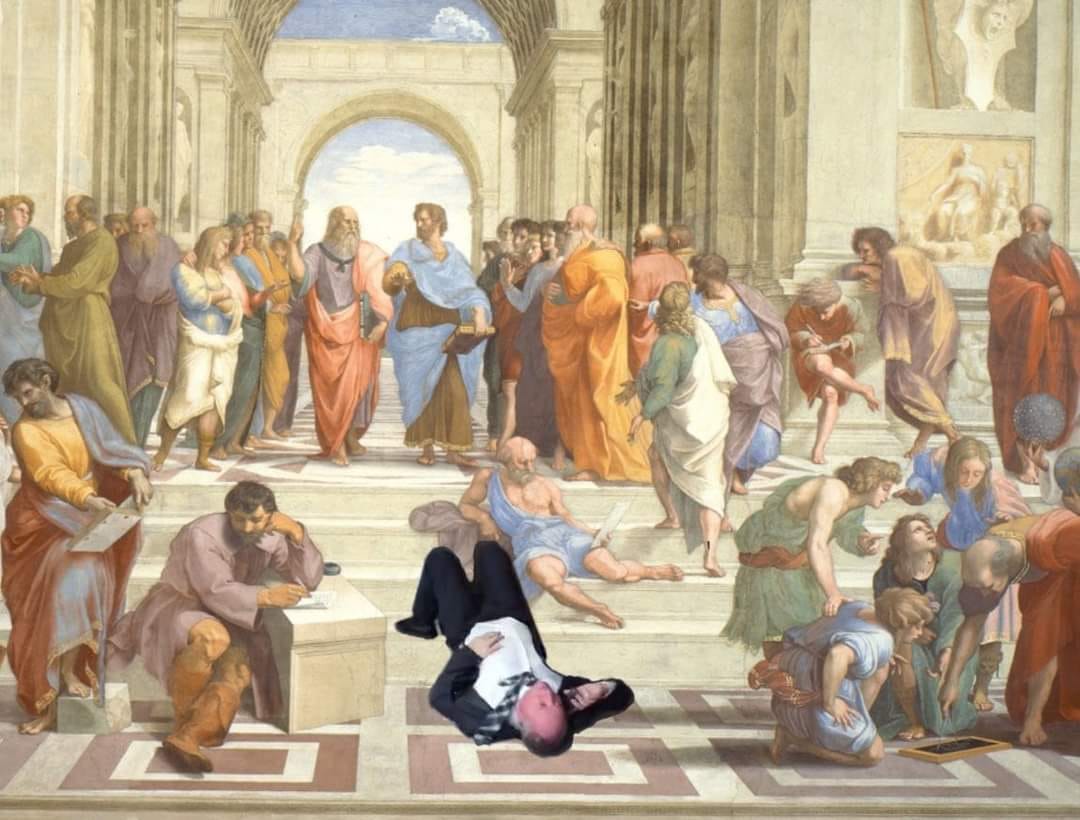
Barnaby Joyce, lying flat on his back on a Canberra street, swearing into his mobile phone, obviously pissed out of his mind – allegedly – was such unbelievable fodder for the media. The response has been predictable. Joyce is a serial roisterer; he is lazy, whether intellectually lazy beggars the question of whether he has the intellect. He collects money for doing nothing; he is completely ill-disciplined.
He is the sort of character who probably refined his skills at school, where he would have been expert in forming gangs. Where there are gangs, then there are bullies. Bullies with a smile; who have size and, in Barnaby’s case, a ruddiness and exophthalmos giving him the expression of a grinning toad, seems to some of either gender to be compelling. After all, he has a reputation of being a high-profile philanderer as well as a bar-breasting “jock”.
Joyce was once said to be the best retail politician in the country. But what did that mean? Being able to wear an Akubra without looking like a dill or effortlessly downing a schooner in a country pub? Barnaby, the engaging.
As they used to say about Bill Clinton, when you met him for 30 seconds you felt that you were the most important person on Earth. Has Barnaby emulated that?
The previous leaders of the National Party that I have met would have dismissed Joyce as a buffoon, but Joyce survived because paradoxically he had this level of “jock” charm, which none of these immediate predecessors have had.
I have not been blameless, but the only time that I emulated Barnaby’s exploit was one time when I was about 20 and stupidly lay down on a quiet piece of bitumen on the Gold Coast. Why? Because it appeared a place of rest for this “tired and emotional” young bloke. I was fortunately rescued by a young lady who shielded me from curious police, who were inquiring about why this young man wanted to sleep on the macadam. The helpful police assisted me to my feet, suggested that a bed would be the best place to sleep it off, and spared me from the accommodation, which they could have provided.
Now Barnaby was reputedly swearing into his phone; and it would have presented a problem for any potential “good Samaritan”. After all, don’t we have the police and ambulance officers to assist such a person resting on his back in a public space, spitting invective?
Anyway, there is not much information following the photograph of the laid back Joyce. What happened? Oh, well according to unofficial authoritative connections with the National Party, Barnaby just got to his feet, dusted himself off and went into one of his favourite retail Barnaby outlets to have a hamburger and then went home, presumably to read his children a bedtime story. This last has not been confirmed.
Next day, there are reports of Littleproud and Dutton warming some lettuce leaves before meeting Joyce for a friendly chat about the dangers of the slippery surfaces of Canberra streets, not to mention plantar boxes which throw innocents from their “sovereign borders”, particularly after imbibing a mixture of prescription pharmaceuticals and alcohol, despite a warning not to do so – Joyce’s explanation for his dilemma. However, this simply highlights his irresponsibility and echoes the excuses of others for their own bad behaviour – if you are warned not to mix drugs and drink, then don’t. It’s an indictment not an excuse if you do.
Now getting serious, mate. Barnaby, take a hike. Australia has enough parasites already, even if they are good at retailing themselves.
Yet some urban parliamentarians may disagree with me. They found out that having photos of Joyce and his exploits posted around an electorate just reminded potential voters how good he is in retailing women candidates who despise his vulgarity – as a considerable proportion of urban Australia do.
Meanwhile
Feeding on the Corpse – Living the Nightmare
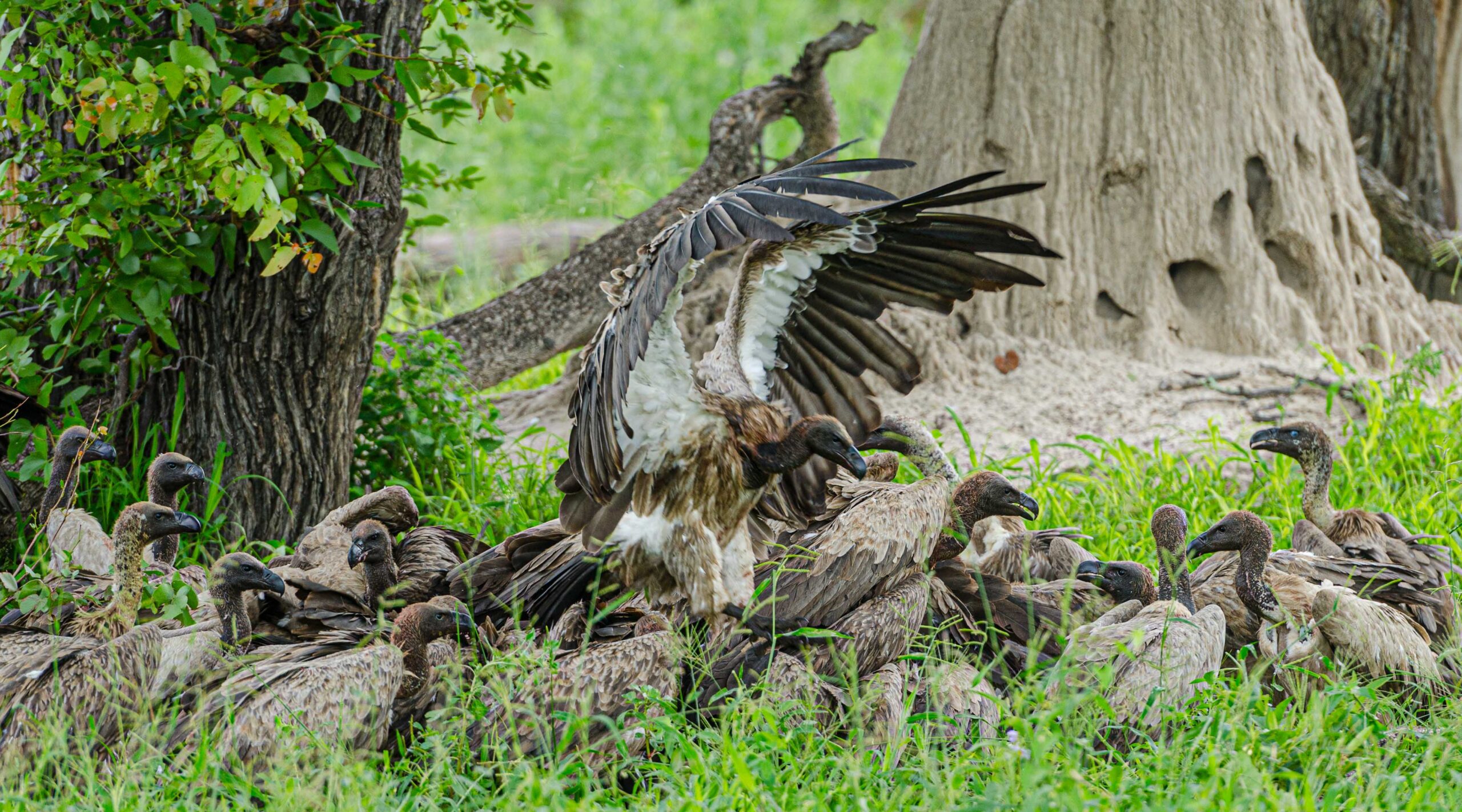
The entry of Morrison into the feeding frenzy over the AUKUS boondoggle has generated a thought bubble. He joins a whole group of former politicians who are clustering around the huge mound of money labelled AUKUS, which has no sensible conclusion. Spending money on potentially obsolete technology while saying they are tip-toeing along the edge of major technological advancements is meaningless. Fancy language like “pillars one” and “pillars two” just increases the arcane shroud covering the Aquatic Boondoggle.
A giant scam perpetuated by politicians who have bought us Australians sports rorts, money laundering through casinos, a gambling industry out of control, acquisition of land for the Badgerys Creek airport, handouts favouring a shady boyfriend, car park rorts, the building better regional National Party slush fund, the PwC tax leak scandal, Dutton and offshore detention corruption within his portfolio responsibility, Morrison’s secret ministries … and it goes on and on.
The thread is that politicians, especially Ministers, can be as corrupt as they like and their retribution is placed on the equivalent of the Slow Boat to China
The actions remind me of two films.
The first is the Italian film La Grande Bouffe.
This is the story of four men who wish to gorge themselves to death, which they do in the most degenerate way. All die; the film is a disgusting exercise in gourmandising. But where the story line diverges from the Australian gourmandising on taxpayer sweetmeats is that in the film there are only three prostitutes.
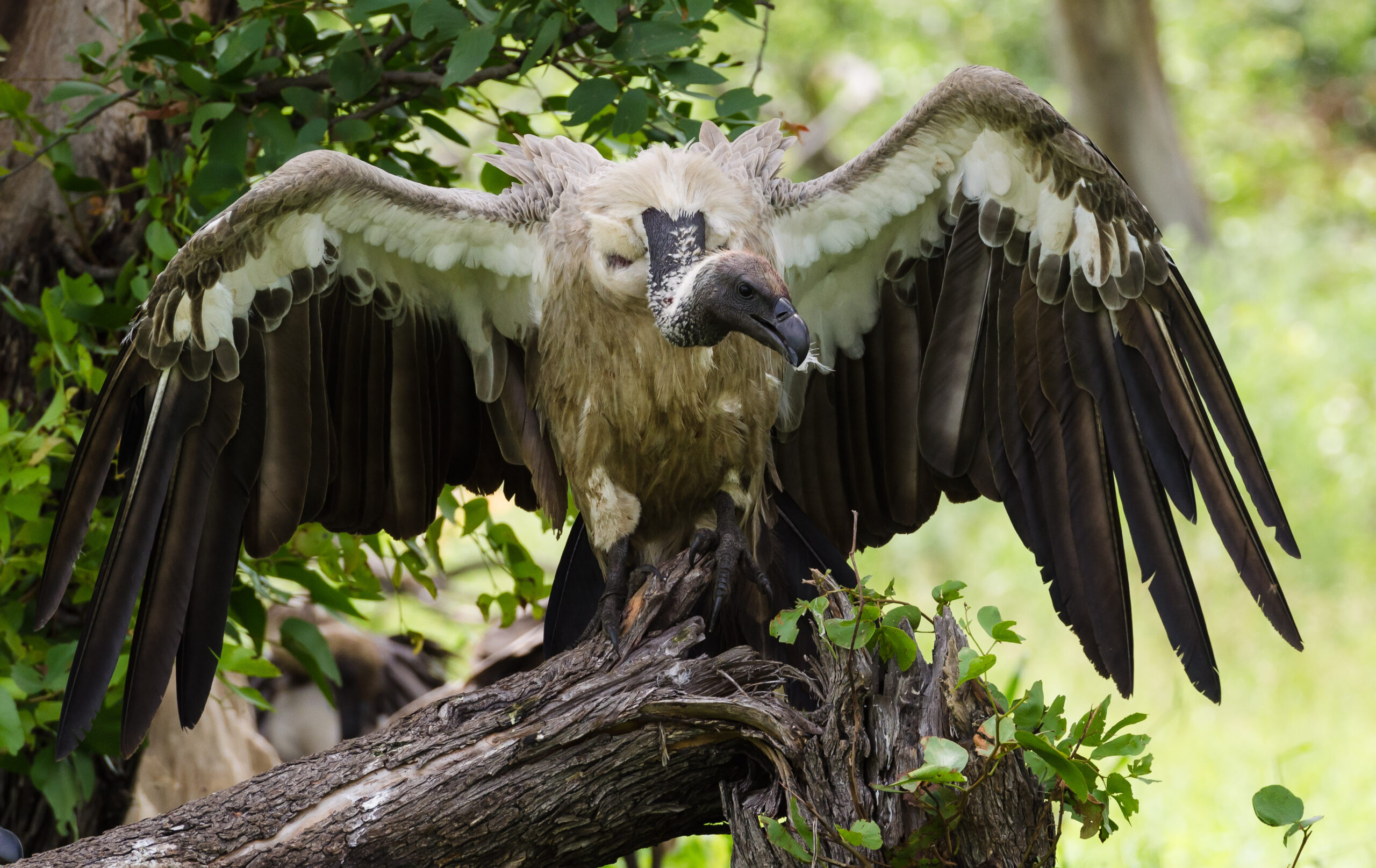
The second is yet to be released, but has the tentative title, The Vultures. But the images are so horrible, so depraved that a prequel called Nemesis has been released to condition the Australian nation. The spectacle of vultures alternatively preening and clawing over the carcass which was once Australia is bad enough, but the scene where the vultures are transformed into human form is particularly disturbing. Discussions are continuing, but some say, the transmogrification of the Lammergeiers to the Front Bench is just so horror-full that nobody living outside our borders could believe the debauchery through which this country has lived.
However, as part of this film in the making the Consultants, a shadowy group of vultures have been filmed stripping this aquatic Boondoggle of its monetary flesh. Most Australians will be so revolted by the blizzard of banknotes being gourmandised by this band of slavering Vultures, that they will call for it to be immediately banned.
Yuk…but unfortunately it has been bought as a training film for each member of Parliament.
In Our Times
In Our Times is one of Hemingway’s earliest works, a series of short stories, for the want of any other words. He wrote it in around 1924 or 1925, a time when he had recently arrived in Paris and was under the thrall of Ezra Pound. His alter hero-ego, Nick Adams, appears in a large proportion of the stories, which vary from a few pages to the accepted length of short stories, in the region of 5,000 words. Before reading this book, it was helpful to know of Hemingway’s wartime experiences and his passion for bullfighting, which he consolidated into two of his best books, both written not long after “In Our Times”. They were “The Sun also Rises” and “Farewell to Arms”. The first is structured around bullfighting in Spain and the second, his experiences of WWI in the Alps where the Italian and the Austro-Hungarian armies are locked in combat. This Hemingway story for me is one of the greatest twentieth century novels.
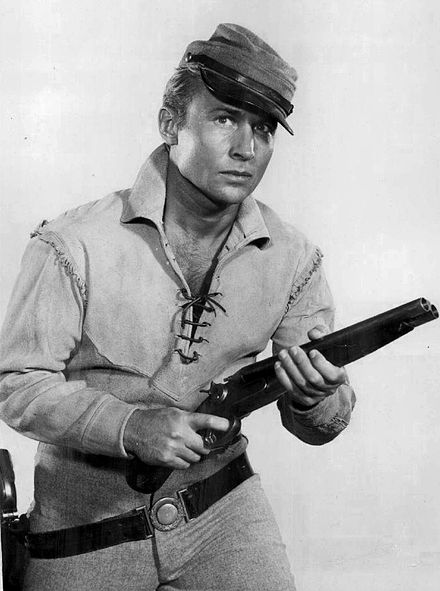
The name “Nick Adams” resonated with me for another reason. Nick Adams was an actor who, in the early 60’s, featured in a western television series, The Rebel where he played Johnny Yuma, an ex-Confederate soldier now paladin. Late at night when we were doing our women’s hospital stint, we used to go across the road to the Italian trattoria and watch Johnny Yuma while having a veal parmigiana. For a group of us it became a reason to escape briefly from the stifling atmosphere we were forced to experience for ten weeks while we learnt the obstetrics trade, delivered the requisite numbers of required babies, and were rostered on the episiotomy schedule to sew up the perineal cuts. Ah, the joys of being called at 3am.
In any event, Nick Adams was a name that loomed large. He was a handsome bloke of pure Ukrainian heritage and his stage name was a contraction of his actual name. He was friendly with both Presley and James Dean. A troubled character, he died of a drug overdose in 1968. There has been some controversy over his death, but to some accident and murder seem more palatable as a cause of death than the eventual verdict of suicide. Controversy thus occurred. He was an image of his times.
What I found somewhat spooky, when I started reading In Our Times, was Hemingway’s adoption of the alias of Nick Adams. Hemingway blew his brains out in 1961.
What’s in her Name!
(The Passionate Years is a) mad, amusing, and revealing look at Paris in the twenties and at the people Caresse Crosby knew—Hemingway, F. Scott Fitzgerald, Edith Wharton, James Joyce, Picasso, Ezra Pound, T. S. Eliot, Lawrence of Arabia, and a host of others. In a single day, a visitor to the Crosby home outside of Paris might have found Salvador Dali at work in one room, Douglas Fairbanks Senior playfully swinging from the rafters, and D. H. Lawrence sunning himself by the pool.
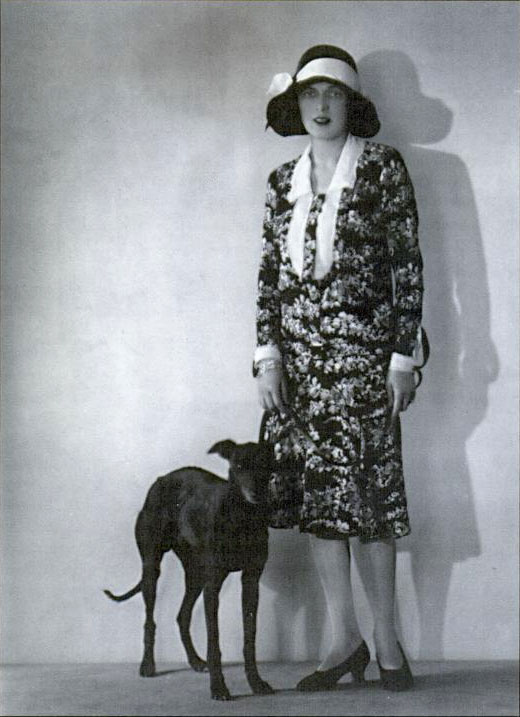
The edition of In Our Times that I picked up in some shop somewhere which took euros as payment was published in Paris as one the books in the Crosby Continental Editions series in 1932. It was an ambitious project by this woman who had adopted the name Caresse, (she had toyed with the name Clytoris but eventually gave that name to one of her pet whippets) when she married Harry Crosby in 1920. He was her second husband and, given their massive wealth, they lived a completely luxuriant hedonistic life, with Caresse and Harry as the centrepiece against the Bohemian backdrop in Paris as languidly described above.
She was born Mary Phelps Jacob into a well-to-do New York family. She early demonstrated her eclectic talents. For example, she invented the backless bra, when she decided to ditch the whalebone corset. The bra started off as two pink handkerchiefs stitched together, was refined and it proved very comfortable and was adopted by her friends. She sold the patent for $1500; the buyer went on to make millions.
She is even credited with having held the 220 yards record, but given that women’s athletics were hardly recognised then, why should her feat be singled out?
She was first married in 1915 to Richard Peabody, a Boston businessman, called herself Polly, had two children, and after tiring of him struck up the relationship with Crosby as noted above. As token of their love they sealed a suicide pact. Harry Crosby stuck to his side of the bargain and committed suicide in 1929 after murdering his lover at the time – not Caresse who lived on until 1978.
Among Caresse’s venture was establishing these Crosby Continental Edition books – ten of them- and yet as reported in a short biography of herself, it was a total failure. As has been pointed out, it … may partly have been the choice of titles. Although Hemingway, Faulkner and Saint-Exupery sound an impressive selection of authors, it was competing with Albatross, whose first ten books included titles by James Joyce, Aldous Huxley, Sinclair Lewis, Virginia Woolf, A.A. Milne and Edgar Wallace. Caresse had been keen to launch her series with a best-seller and was delighted to get Hemingway on board, but ‘The Torrents of Spring’ is probably not his finest work. Albatross, which later published ‘The Sun Also Rises’, then got the better deal (Tauchnitz, had earlier published ‘A Farewell to Arms’).
Overall the Crosby list contains 6 works by American authors and 4 by French writers in translation. Was it insufficiently cosmopolitan, or even insufficiently British, to appeal to the readers of English language books in continental Europe, many of whom would have been British expatriates or tourists?
The question is totally rhetorical, but Caresse did underestimate the experience and strength of the opposition.
Albatross Books, founded in 1932 by John Holroyd-Reece, Max Christian Wegner and Kurt Enoch was a German publishing house based in Hamburg that produced the first modern mass-market paperback books.
The name was chosen because albatross is the same word in many European languages.
Based on the example of Tauchnitz, a Leipzig publishing firm that had been producing inexpensive and paper-bound English-language reprints for the continental market, Albatross set out to streamline and modernise the paperback format. Tauchnitz was established in the eighteenth century, and in 1841 started publishing English editions, including inexpensive English-language reprints of American and British authors, and then sold them in all parts of the world except the British Empire.
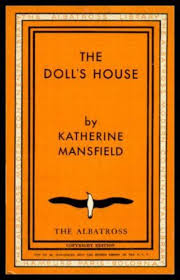 However, the Albatross Modern Continental Library stood out in the marketplace “with an eye for design and colour”, which included the introduction of colour-coding for different categories of books” in the form of fully saturated covers: red for crime, blue for romance, yellow for literary novels and essays, purple for biography and history, green for travel, orange for short stories, and improved typography and modern editorial policies. These modern looking volumes sold in huge numbers, and were the template for The Penguin Books, which Alan Lane started publishing in 1936. Kurt Enoch later went to work for him, after he escaped from Nazi Germany via France, as his American director.
However, the Albatross Modern Continental Library stood out in the marketplace “with an eye for design and colour”, which included the introduction of colour-coding for different categories of books” in the form of fully saturated covers: red for crime, blue for romance, yellow for literary novels and essays, purple for biography and history, green for travel, orange for short stories, and improved typography and modern editorial policies. These modern looking volumes sold in huge numbers, and were the template for The Penguin Books, which Alan Lane started publishing in 1936. Kurt Enoch later went to work for him, after he escaped from Nazi Germany via France, as his American director.
So successful was Albatross Books that it absorbed Tauchnitz, but it was caught up in WWII and ceased publication in 1940.
By that time Crosby Editions had long gone, but fortunately I have one of the surviving copies, in moderate condition complete with its nondescript cover with the Crosby monogram.
Mouse Whisper
The Boss was President of the Student Representative Council at the University of Melbourne at a time when there were delicate negotiations to re-admit the Council back into the National Union of Australian University Students (NUAUS). He sent what he thought was a reasonable letter to his counterpart at the University of Sydney. In one sentence, he meant to use “imprudent”, but he failed to pick up the missing “r”, and the word read as “impudent”. Talk about the “War of the Missing R”. In the end, the explanation of the typo was accepted, but not before The Boss had a severe case of burning ears.
He was reminded of this when we all read in The Boston Globe of what happens when one does not pay enough attention to what in isolation would appear to be trivial. However, in context…
Lyft took investors on a brief but wild ride when it announced earnings this week. In a press release issued after the end of regular trading on Tuesday, the ride-hailing company said it expected its profit margin to increase by 5 percentage points this year, a huge jump. Investors sent the stock up by as much as 67 percent in after-hours trading, according to Bloomberg. Later, on a conference call, the company copped to making a big typo: Margins would increase by just 0.5 of a percentage point. Its shares retreated.
Lyft isn’t the only company that’s had problems with typos.
· In 2010, JPMorgan Chase signed a trader to a contract with a salary of 24 million rand ($3.1 million), instead of 2.4 million rand. The trader sued to enforce the deal, but a judge let the bank off the hook.
· A Maine dairy settled a case for $5 million after a judge ruled in 2018 that a misplaced comma in a state law meant that its drivers were entitled to overtime pay.
· Last month, Boston real estate agency Gibson Sotheby’s International Realty sued the developer of the St. Regis Residences, alleging it was short changed by nearly $400,000 in commissions because of a misplaced decimal point in a contract. The developer, Jon Cronin, called the lawsuit frivolous.
It is always a case of not getting things write.

